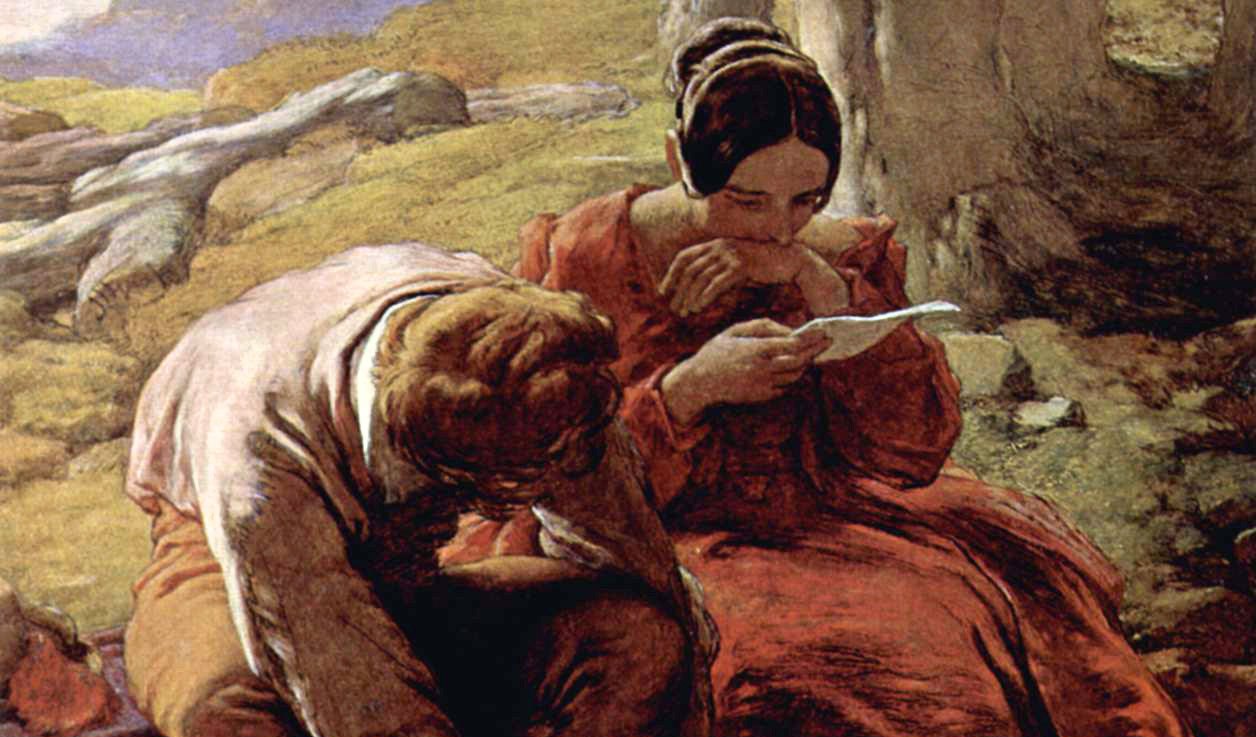Sonnet II
The spark which lights my innermost desire,
whose flame burns fierce in Spirit and in vein,
your blinding glory makes my heart aspire
to grasp the highest good one can attain.
Of all the worthy joys that I could gain
from all the ecstasies of earth’s delights,
I’d bask in all the glory of your fame
before I sink to know those lesser sprites.
And if I’m yet to know those holy heights,
the strength of which would make my soul a king,
aside your royal passion and your light
I’d finally come to grasp those greater things.
The world that cannot know of such delight
stands back and trembles lamely at the sight.
Sonnet III
My love is likened to a rose in winter
by those who pick the daffodils in spring,
but those who pick the daffodils do hinder
the beauty that the dainty flower brings.
For they are not all worthy of such things;
such timeless beauty can’t and won’t be wrought
by brutish hands that dominate and squeeze
and crush the precious beauty that they sought.
And for the brutish laity, who thought
that my poor rose would wither out and sour:
it is pure love and gentleness that brought
to springing life all of God’s wondrous flowers.
So let the spring time lovers have their fill,
in winter I will love my sweet rose still.
Justin Monelt is a 22-year-old poet living in New York.
Featured Image: “The Sonnet” by William Mulready.















Love is seen to confer almost its own priesthood. The enduring yet fragile nature of love is strongly evoked – and the rhyming couplet unifies; it crowns the whole.